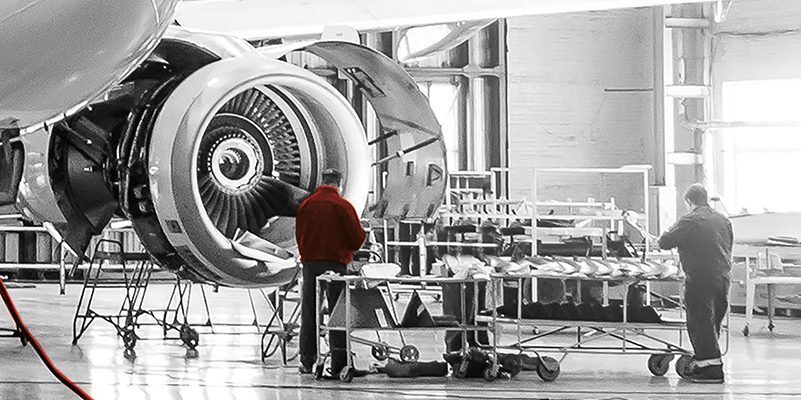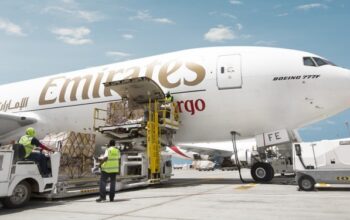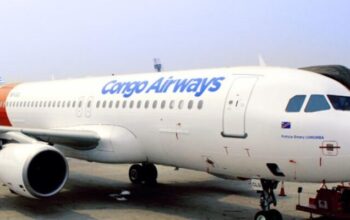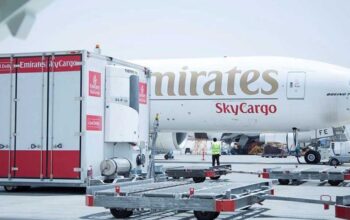Moroccan authorities are strategically positioning the country to emerge as a pivotal aviation hub, drawing the attention of investors keen on diversifying their supply chains across various nations.
While Africa’s aviation sector has shown promise, it has yet to fully unleash its potential compared to other continents.
One crucial strategy to unlock this potential is for Africa to establish itself as a significant player in aviation manufacturing.
According to reports from AFP, Morocco is now among several nations vying for contracts with major aviation manufacturers seeking to ramp up production to meet soaring demand.
Companies like Boeing and Airbus, along with their component manufacturers, are subcontracting design, production, and maintenance to countries spanning from Mexico to Thailand.
In its bid to nurture the country’s $2 billion-a-year aerospace industry, Morocco has implemented various measures, including offering subsidies to aircraft manufacturers. T
his initiative aims to bolster the growth of Moroccan airlines, including the state-owned Royal Air Maroc.
Hamid Abbou, CEO of Royal Air Maroc, expressed optimism about Morocco’s prospects, stating, “The needs are vast, and we are well-positioned. Unlike many European suppliers grappling with workforce shortages, we do not face such challenges.”
With the surge in demand, manufacturers are scouting for new locations to manufacture and repair parts, expanding their reach from Eastern Europe to Southeast Asia.
For instance, Safran Aircraft Engines, a leading French manufacturer, sends engines for Boeing 737s and Airbus 320s to a repair plant outside of Casablanca every six to eight years.
These engines are then redistributed to airlines across various countries, including Brazil, Saudi Arabia, the United Kingdom, and Ireland.
Morocco boasts a thriving aerospace sector with 130 active companies, employing approximately 42% women.
While the country is often seen as a destination for affordable labor, concerted efforts between the industry and government have led to the training of skilled professionals at institutions like IMA, an aeronautics institute located in Casablanca.
Moreover, Morocco recently achieved a significant milestone by becoming the first country in North Africa and the Middle East to venture into the production of suicide drones, positioning itself among the elite club of drone manufacturers.
These drones, equipped with advanced reconnaissance and attack capabilities, mark a notable achievement for the country.
The International Air Transport Association (IATA) has projected a steady annual growth rate of 5% for Africa’s air industry. Furthermore, it anticipates that Africa will boast one of the world’s fastest-growing aviation sectors within the next two decades.
This underscores the immense potential for Morocco and the broader African aviation industry to flourish in the coming years.




